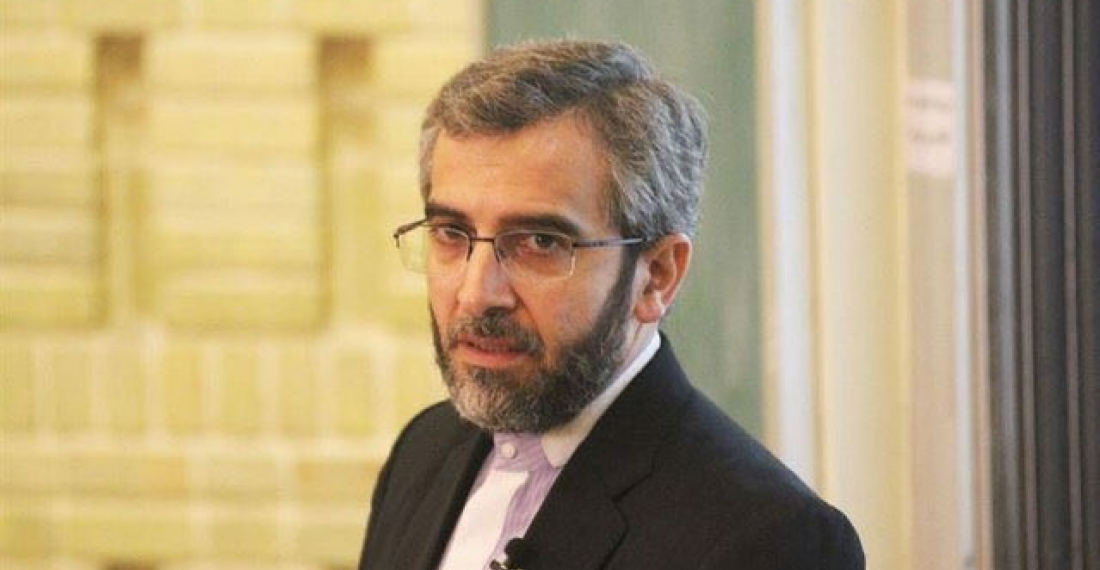After the International Atomic Energy Agency (IAEA) director admitted earlier that the agency had “a major communication breakdown” with Iran, a meeting was held between the head of Iran’s Atomic Energy Organization, Mohammad Eslami, and the Director-General of the International Atomic Energy Agency (IAEA), Rafael Grossi, who was on a visit to Tehran to discuss issues related to the monitoring of Iran’s nuclear activity.
Grossi said that he was able to get the Iranian side to come to an agreement and the IAEA’s inspectors will now be permitted to service the monitoring equipment that the IAEA has installed at Iran's nuclear sites, and replace their storage media which will be kept under the joint IAEA and Atomic Energy Organisation of Iran (AEOI) custody in Iran. However, a more permanent and broad agreement on monitoring and inspecting nuclear activity will need to be reached on the diplomatic level.
The IAEA’s strategy in the interim is to ensure that at least the information from monitoring devices is stored and not permanently lost.
Both Iran and the USA are waiting for each other to make the first move towards renewing nuclear talks that are stalled since July. The Iranian government appointed diplomat Ali Bagheri Kani as the new deputy for political affairs in the Iranian foreign ministry replacing veteran diplomat Abbas Araghchi who was a central figure in the nuclear talks in Vienna. It is not clear yet if the nuclear file will stay with the foreign ministry or be transferred to the Supreme National Security Council (SNSC). Kani is expected to push a stronger stance on the nuclear talks contrary to the diplomatic approach taken by the former foreign minister, Javad Zarif and his negotiator, Araghchi.
At the sidelines of the UN General assembly this week, the Iranian foreign minister, Hossein Amir-Abdollahian, is expected to discuss with JCPOA countries about reviving the nuclear talks, according to the foreign ministry spokesperson.
Source: commonspace.eu with Al Jazeera (Doha) and Bloomberg (New York).
Picture: Ali Bagheri Kani, newly appointed deputy for political affairs at the Iranian foreign ministry; Twitter: @AhmadSamadi1974.







